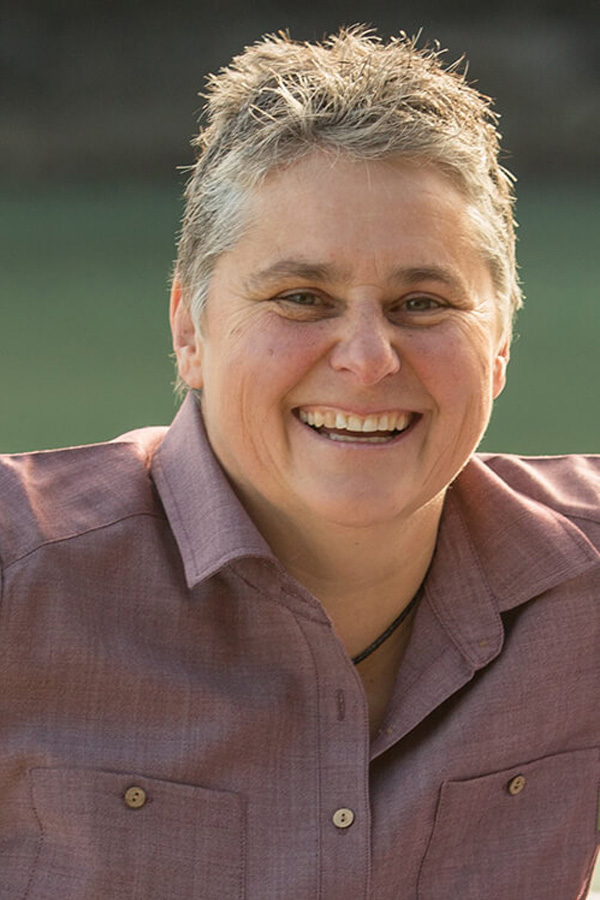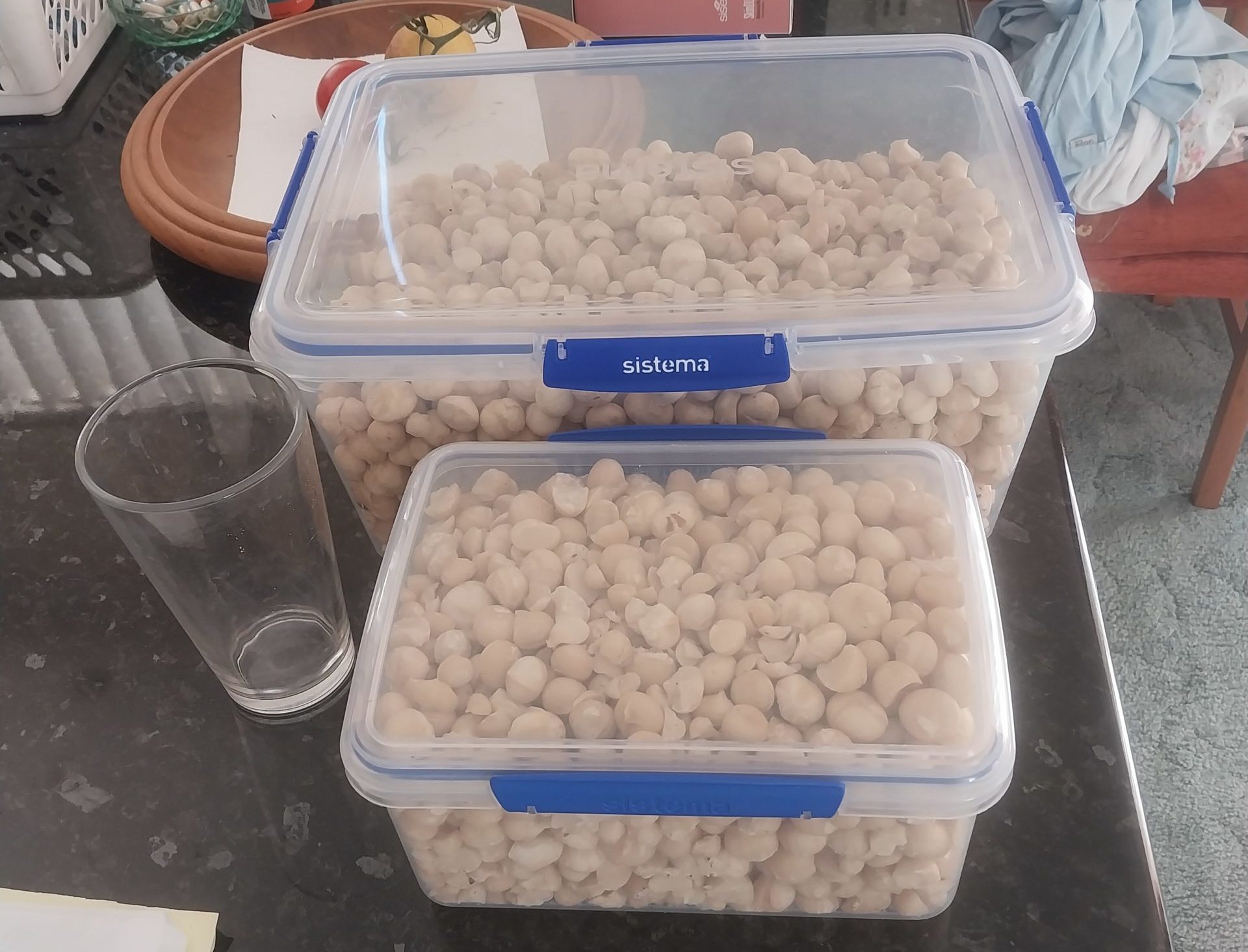Kia Ora!

In this newsletter:
Hot tip of the month – Make your fire efficient and save money
Did you know – The scary one-in-three statistic
First-home buyer tips – How much deposit is enough?
Property – Investors are back in the market; time for first-home buyers to make their move
Investments – OCR is going down; what does this mean for your investments?
Banks – Rates are well and truly on the way down!
Reserve bank – The OCR finally dropped! Will it continue to go down?
Insurance – What you can do to improve your quality of life and survival success if you get cancer
Hot tip of the month
Make your fire efficient and save money
- Use dry, seasoned wood. Getting kiln-dried wood may cost a bit more, but it will burn better and provide more heat.
- Manage the airflow. Ensuring an adequate oxygen supply helps achieve more complete combustion, which burns off gases that would otherwise escape. Be careful not to turn the airflow down too quickly to allow complete burn-off.
- Complete regular maintenance. Clean the chimney, flues, and stove pipe to help maintain efficient airflow and remove creosote buildup.
Did you know?
The scary one-in-three statistic
Each year, the Cancer Society’s Daffodil Day highlights how invasive cancer is in our lives. In New Zealand, approximately one in three people will be diagnosed with cancer at some point in their lifetime. That’s an astounding 33% of the population that will be affected by cancer, making it a significant health concern. Even if you are one of the lucky two in three, you can be sure that someone in your life will be affected.
The risk varies by age, gender, lifestyle, and genetics, with the likelihood increasing as people age. Diagnosis is not a death sentence; early detection and advancements in treatment have improved survival rates. Find out from your GP what cancer screening you may be eligible for and book an appointment anytime you have concerning symptoms.

First-home buyer tips
How much deposit is enough?
So, you think you might be ready to buy a house. One of your first questions will be, ‘Do I have enough deposit? And how much do I need as a minimum?’. The larger your deposit, the less lending you will need (which will reduce your monthly interest payments) or the higher value property you can afford.
A 20% deposit is the sweet spot to get out of the low equity margin or low equity fees. Low equity margins and fees can be a one-off figure you pay for having a low deposit, or you may pay full rates and not qualify for special rates. As first-home buyers, the lenders may give you special rates for the first drawdown, and then at refix time or after 12 months, you go to the full rate unless you have more than 20% equity in the property.
Banks will typically not do pre-approval of a loan for over 80% lending, so you need to have a live deal for them to approve greater than 80% lending. This is especially true when the lenders have big queues for processing applications.
Your deposit is just part of the accessible dosh you need to buy a house. You also need to have cash for due diligence and purchase costs, such as legal fees.
Your KiwiSaver can be accessed for the deposit only, not for the valuation, legal fees or due diligence.
Thoughts from Elise
The Olympics are done and dusted, and the Paralympics are underway, with 25 inspirational athletes attending from NZ. Congratulations to all those who competed and the many who achieved new personal bests. Even if you didn’t get a medal, you clearly gave it your all.
Congrats to Dame Lisa Carrington for being our most decorated Olympian; what an incredible achievement.
I am back from holiday visiting my mum in preparation for a big family Christmas at her place. While there, I worked through my list of chores, which seemed to grow as fast as I knocked things off. I cracked what I think was around 5kg of macadamia nut meat while hanging out with Mum. Family time is precious.
August has been eventful, with the OCR dropping and the banks rushing to drop rates and be seen to do the right thing. The Credit Contracts and Consumer Finance Act was revised again, and we are back to having some reason and sensibility back in the mix!! While we still need to gather loads of information, we need to pass less on to the banks. We ask for some information that the bank does not need to ensure your affordability to repay any debt you take on.
I am looking forward to the warmer weather in spring and have started back on some projects around the house, which is exciting.

Property
Investors are back in the market; time for first-home buyers to make their move
Finance has been one of the major inhibitors for people entering the market, and there was an expectation that investors would put their properties on the market to get them sold. The winter months have been a steady volume throughout the country, with most of the sales being for first-time home buyers or people moving to upgrade/downgrade or relocate.
Distressed investors with high debt levels in places like Auckland and Wellington have been selling properties, but most investors seem to be hanging in there.
Property investment companies are starting to crank up their machines for the next run in the market, and those investors that are cashed up are looking to take advantage of the market before the subsequent rise in property values as the interest rates come down and access to funds becomes easier. First-home buyers need to get in now before the market goes up again.
Investments
OCR is going down; what does this mean for your investments?
The focus has been on high interest rates and the impact on borrowers. The other side of the coin is that as the interest rates go down, so will the returns on general savings accounts.
Banks have been offering approximately 2.5-4.5% for everyday savings accounts and up to just over 6% for savings up to 12 months.
The everyday savings rates are unlikely to decrease much at this early stage of the interest rate reduction cycle, but the 12-month rates will move down quickly as the long-term projections go down.
Consider a mix of investments to get the most out of your funds. Chat with us if you want to ensure your funds are working for you.
Banks
Rates are well and truly on the way down!
The Reserve Bank dropped the OCR on 14 August, which was fantastic news. In the month leading up to the announcement, most of the banks and some of the second-tier lenders were already dropping their rates. By the time of the announcement, the two- to five-year rates were below 6%.
Board floating rates are around 8.4%, and Elise has been able to negotiate them closer to 8%. The rates are going down almost weekly as the banks jostle to get business.
Lenders are reviewing their stress test rates as the floating rates go down. These are theoretical rates used to calculate whether an applicant can afford the loan if interest rates increase. This means as the stress test rates go down, the amount that you can borrow will increase. The test rates are unlikely to go below 8% even when the floating rates significantly drop, as the lenders have learned their lesson (we would hope) to ensure clients can continue to afford their loans when rates increase.
When reviewing your current lending, you need to consider both affordability and the flexibility to take advantage of anticipated lower rates. Contact us if you are unsure what is right for you.
Reserve Bank
The OCR finally dropped! Will it continue to go down?
In short, yes, the Reserve Bank has indicated that they expect the OCR continuing to reduce over the next six months as they target getting it back to the 2 to 3% band. This is some six months faster than the Reserve Bank’s original timeline, which is great news. As the OCR decreases, mortgage interest rates will also decrease.
But as ever, there are no guarantees, and weather events, changes to migration, the impact of increased unemployment (especially due to government-related redundancies), and GDP growth are just some of the wild cards that affect the OCR. The next review is on 9 October.
Insurance
What you can do to improve your quality of life and survival success if you get cancer
While thinking about the horrific stats that one in three Kiwis will get cancer, it’s good to know that the overall 5-year cancer survival rate in New Zealand is around 65%. This rate reflects the percentage of people who are still alive five years after their diagnosis, across all types of cancer.
Survival rates have been improving due to advances in early detection, treatment, and supportive care, but they can vary significantly based on the type of cancer, stage at diagnosis, patient demographics, and access to healthcare services. Access to specialists and non-Pharmac drugs through private health insurance has been key to the increased survival rates.
Despite these improvements, disparities in survival rates persist, particularly among Māori and Pacific populations, who often face later diagnoses and barriers to accessing care.
To find out what health insurance cover is best for your circumstances, contact Gordon at gordon@bob.kiwi.nz or 022 503 9094. Gordon will review your existing cover for free.
Business
Is it a hobby or a business?
People often go into business intending to have more flexibility and choice. Then, they find themselves a slave to the business. In Elise’s view, business success comes down to five things:
Having a vision for your business that people can connect and engage with. For inspiration, read Simon Sinek’s ‘Start with the Why’.
- Be clear on your target market and what your business does and has to offer.
- Knowing how much income you need the business to generate for you.
- Working the numbers backwards. Start with the profit you need/want and identify the business costs. Then, you can calculate the sales you need to generate.
- Having a plan and working the plan to deliver the sales within the budgeted costs.
Elise has been talking to some business owners at events. One common thing they have been saying is that they have stopped paying themselves while the sales are down. When she asks them what the plan is to increase the sales back to the required levels, they do not have a plan. This then raises the question of how long they are prepared to do their hobby for no income. At this point, she gets corrected that it is a business, not a hobby.
Loral Langemeier, one of Elise’s mentors, calls businesses cash machines and is very clear that if they are not making money, their business is really a hobby. It’s tough to hear, but facing the facts and adjusting their actions is crucial to their long-term success.
If you need help to get your business on the right track, Elise offers business mentoring. Contact Elise for more details.
We are always available for a chat about your situation.
Book a meeting or send us an email.
Until next time,
Elise and the Team

